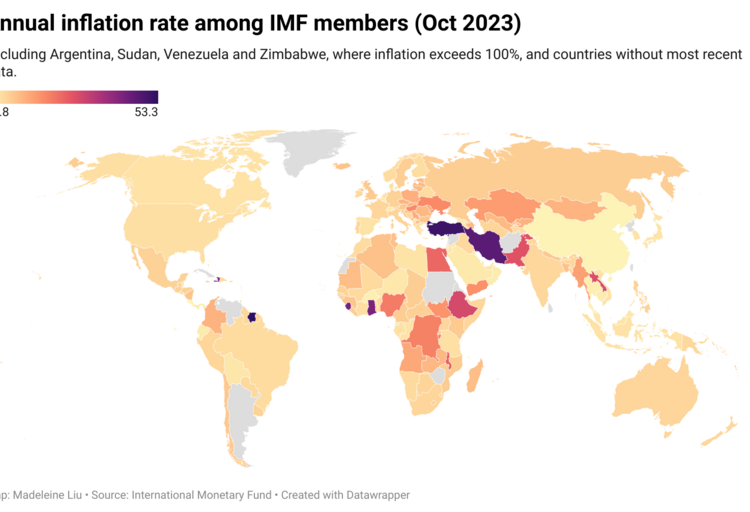Renewed demand at home and abroad boosts German trade
- German trade in goods rebounded in March
- Exports and imports increased, suggesting renewed demand
- Adjusted trade surplus of 22.3 billion euros
- Export growth outstripped imports to Germany
- U.S. and China markets showed positive growth
Germany’s trade in goods rebounded in March as both exports and imports increased, indicating renewed demand both at home and abroad. The country’s adjusted trade surplus of 22.3 billion euros exceeded economists’ expectations. Export growth outpaced imports to Germany, with the U.S. and China markets showing positive growth. This recovery comes after a decline in February, although the balance remains below the earlier high reached this year.
Factuality Level: 8
Factuality Justification: The article provides a straightforward report on Germany’s trade in goods in March, citing official statistics and expert forecasts. It does not contain irrelevant information, misleading details, sensationalism, redundancy, or opinion masquerading as fact. The information presented is clear, objective, and based on reliable sources.
Noise Level: 3
Noise Justification: The article provides relevant information about Germany’s trade in goods, including details on exports, imports, trade surplus, and key markets. It stays on topic and supports its claims with data and examples. However, it lacks in-depth analysis, accountability of powerful people, and actionable insights, which prevents it from receiving a higher rating.
Financial Relevance: Yes
Financial Markets Impacted: The article provides information on Germany’s trade in goods, which can impact financial markets and companies involved in international trade.
Presence Of Extreme Event: No
Nature Of Extreme Event: No
Impact Rating Of The Extreme Event: No
Rating Justification: The article discusses the rebound in Germany’s trade in goods, indicating renewed demand both at home and abroad. While there is no mention of an extreme event, the information on trade can have financial implications.
Key People: Joshua Kirby (Author)
 www.marketwatch.com
www.marketwatch.com 





